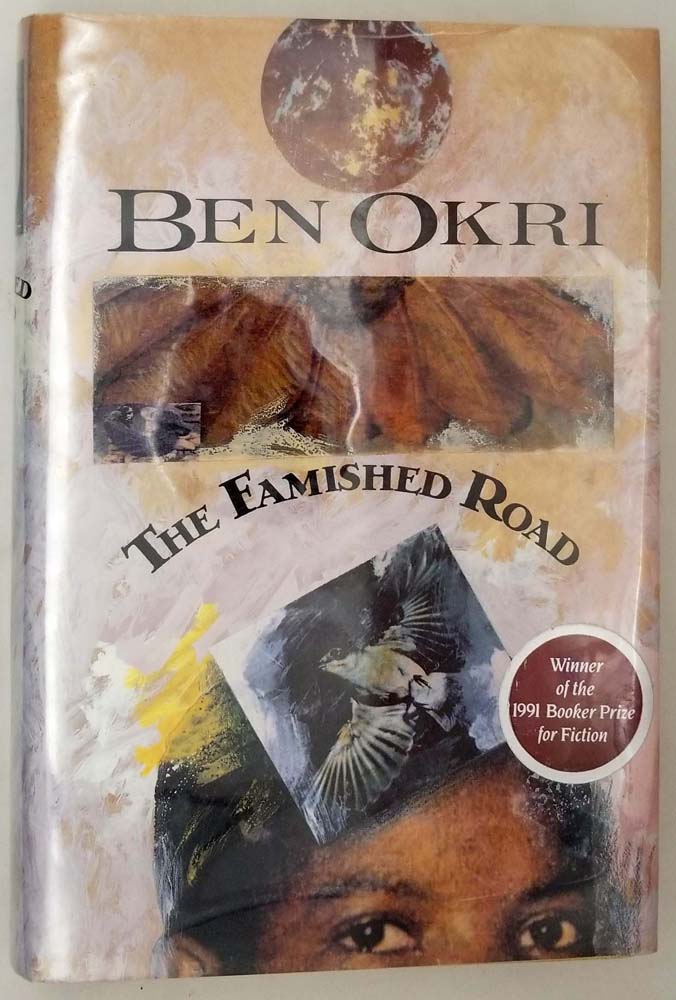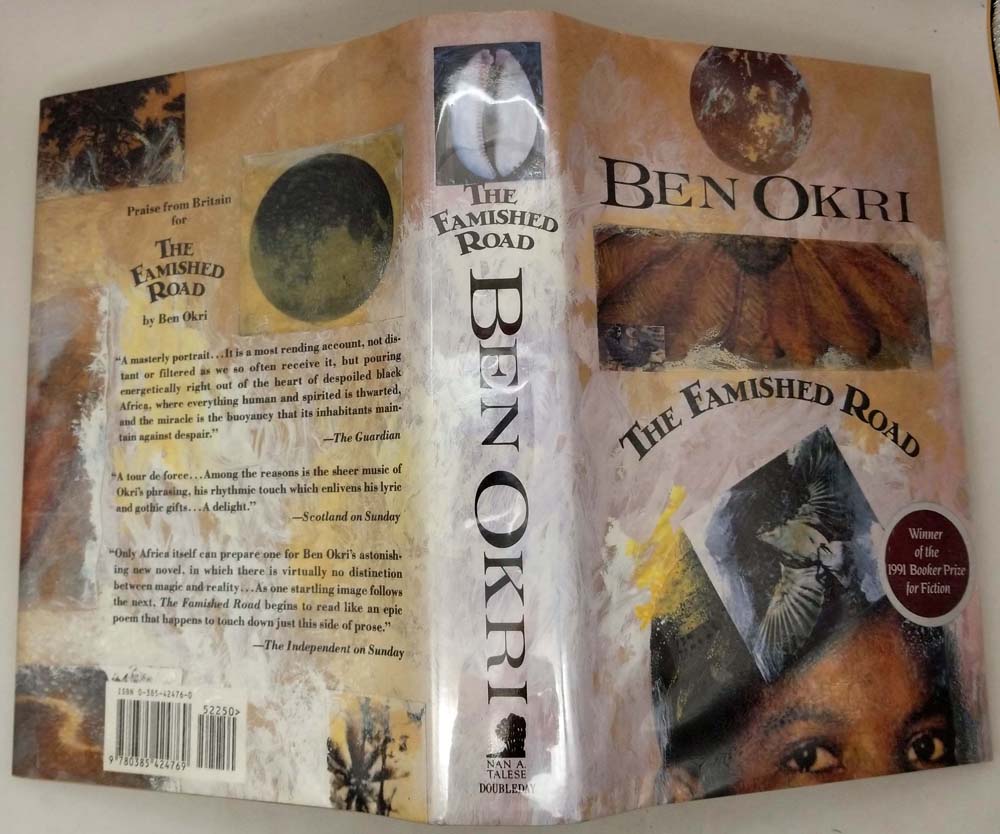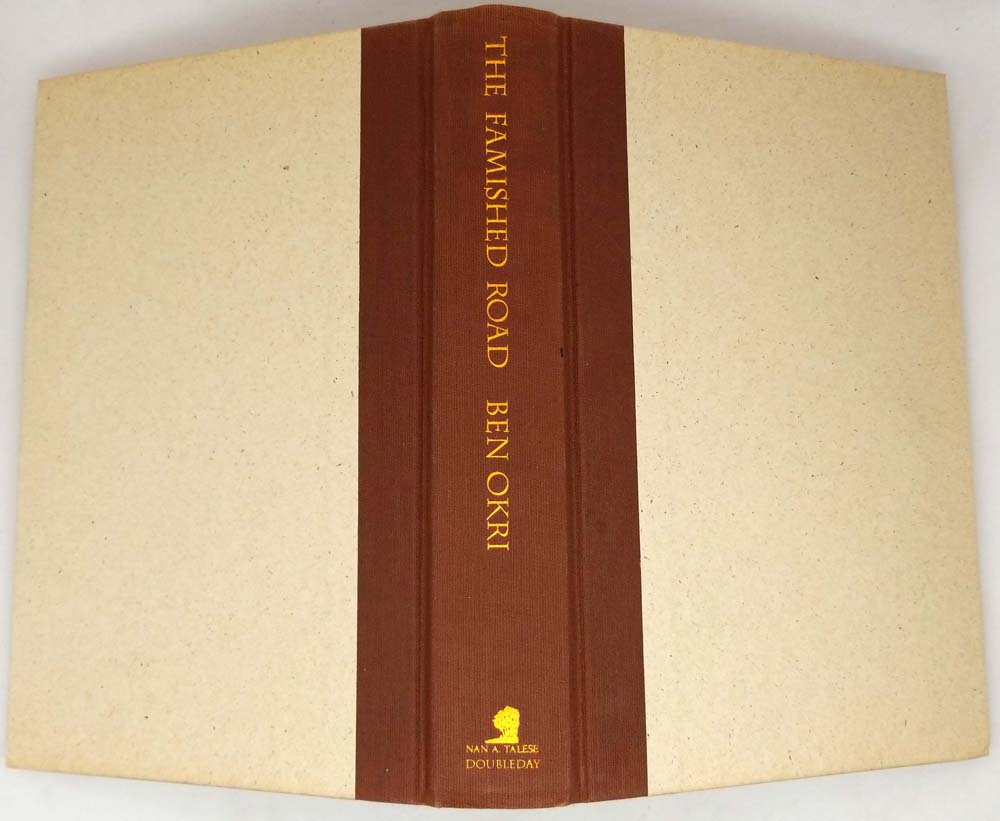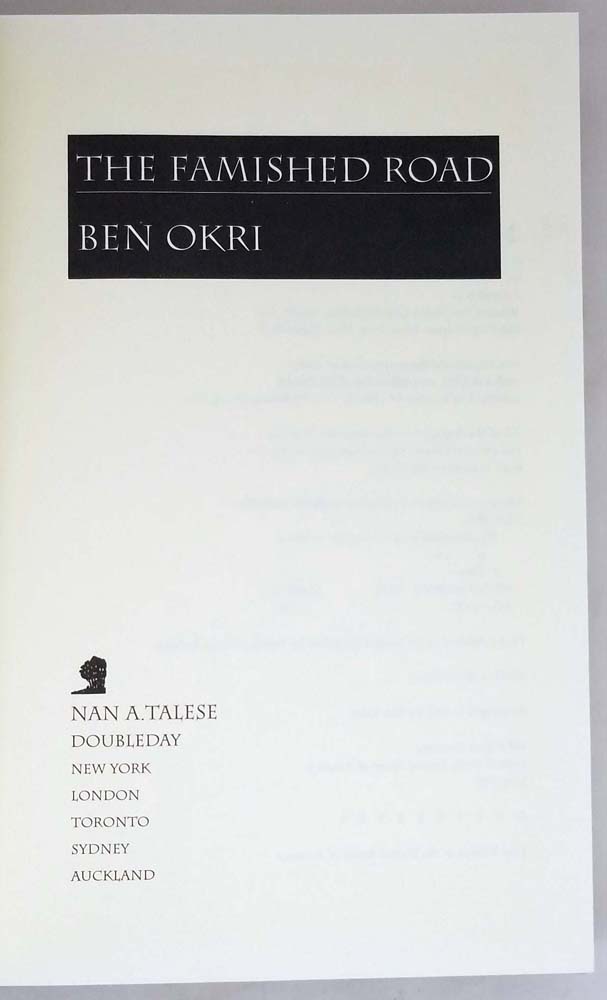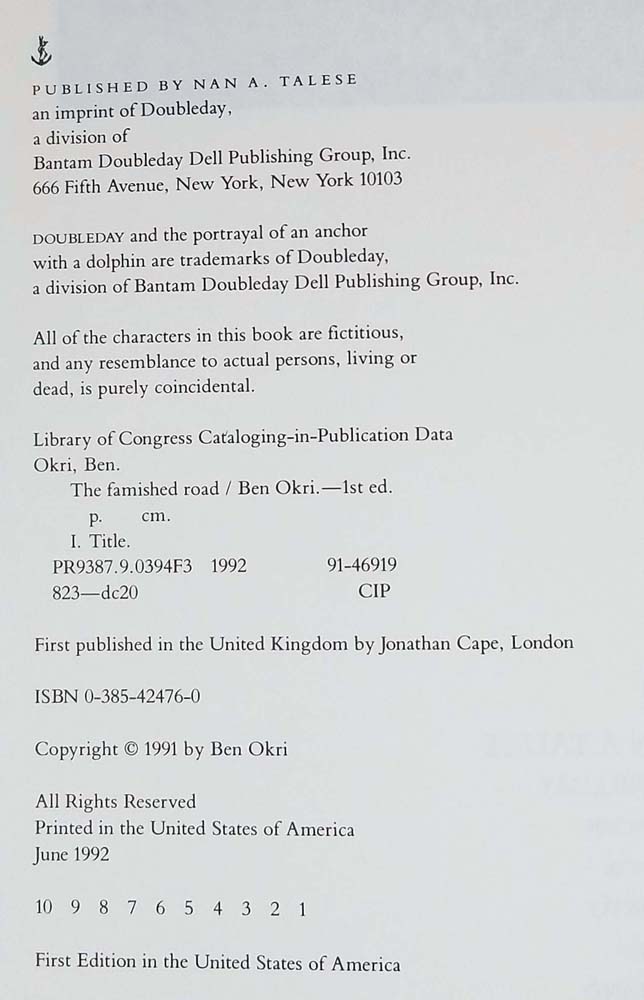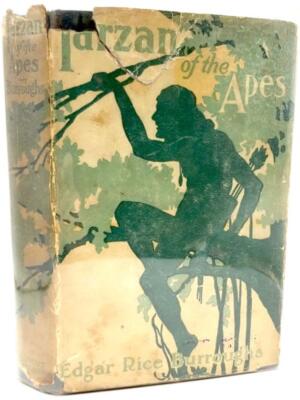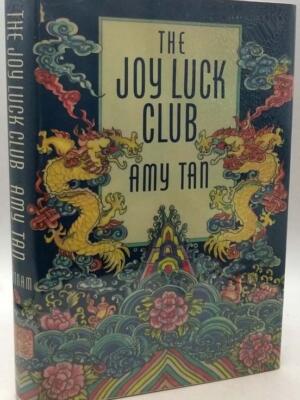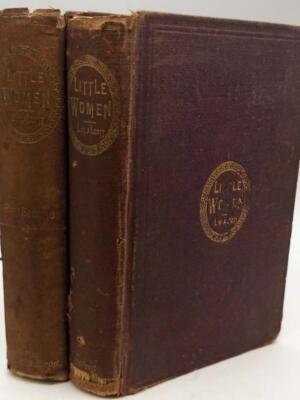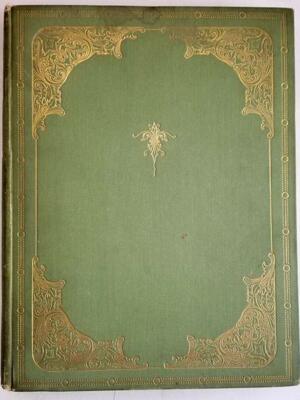The Famished Road (1991) by Ben Okri is a magisterial blend of myth, politics, and poetic realism, awarded the Booker Prize for its dazzling portrayal of a spirit-child’s journey in a postcolonial African nation. The novel follows Azaro, an abiku (a Yoruba spirit-child destined to die young and be reborn repeatedly), who chooses to remain in the mortal world despite the relentless pull of his spirit companions. Through Azaro’s eyes—simultaneously naive and profoundly wise—we witness a village caught between tradition and modernity, where poverty, violence, and political strife collide with the supernatural.
Okri’s prose is lyrical and hallucinatory, weaving dream logic into everyday struggles: Azaro’s father, a boxer-turned-laborer, battles literal and metaphorical demons; his mother peddles goods in a market teeming with both human and spectral customers; and a charismatic photographer documents a world on the brink of change. The novel’s title refers to the Yoruba belief in a road between life and death, eternally hungry for souls—a metaphor for a nation’s turbulent path to independence.
A landmark of postcolonial literature, The Famished Road draws comparisons to Gabriel García Márquez’s magical realism but is uniquely African in its rhythms and spirituality. It’s the first in a trilogy, followed by Songs of Enchantment and Infinite Riches.
